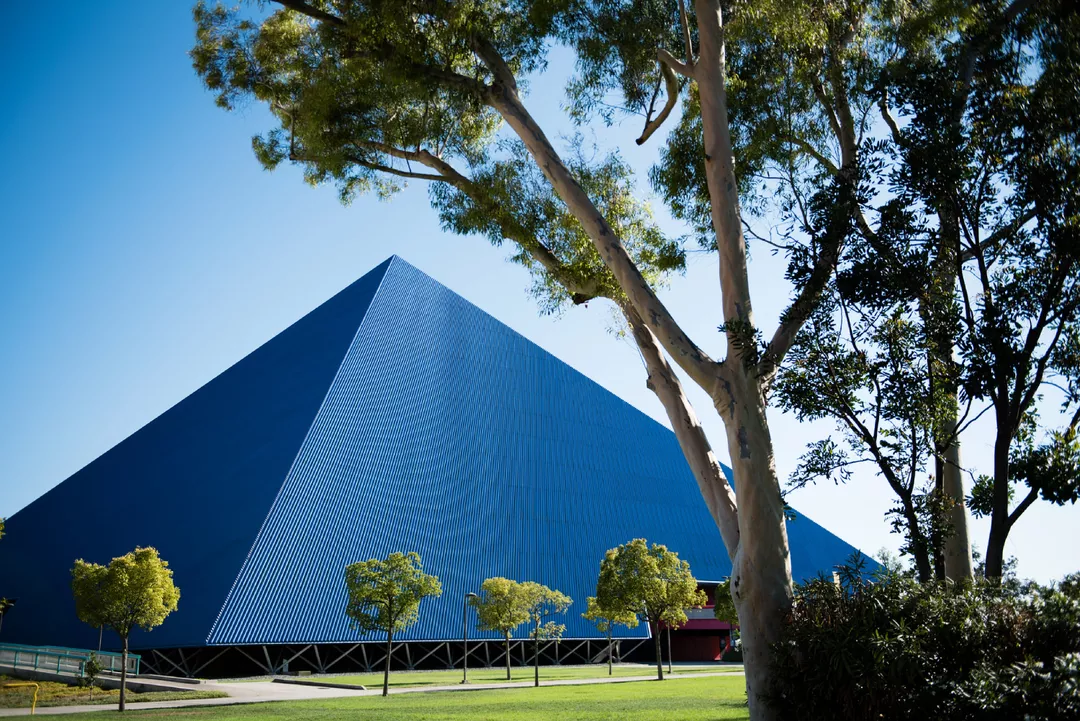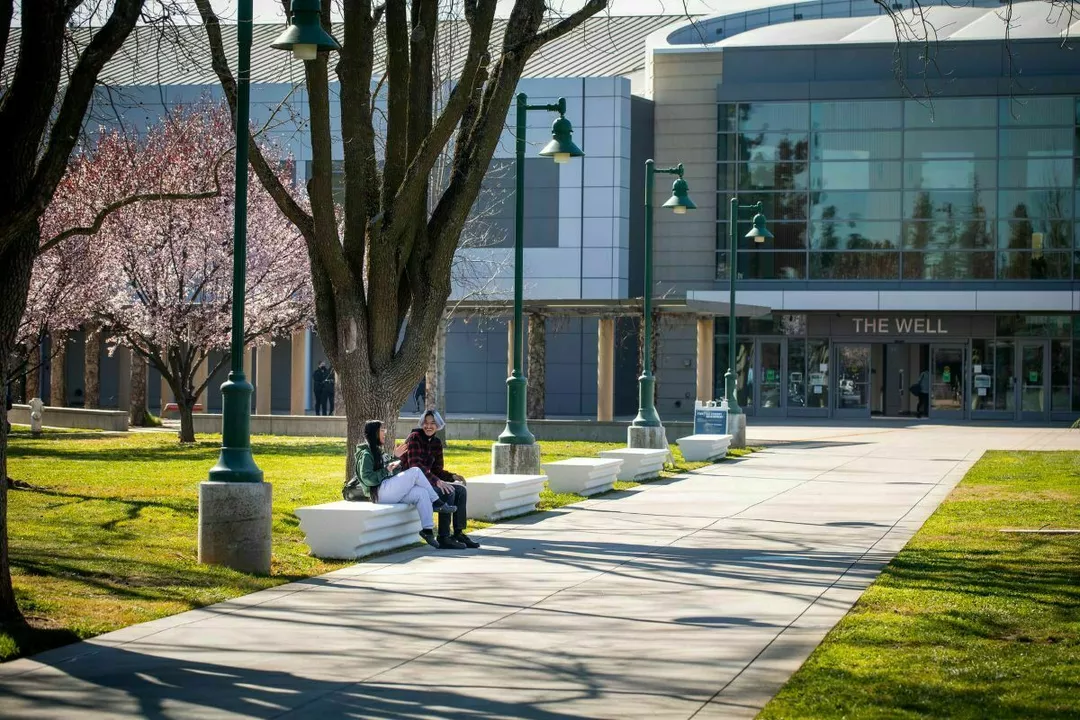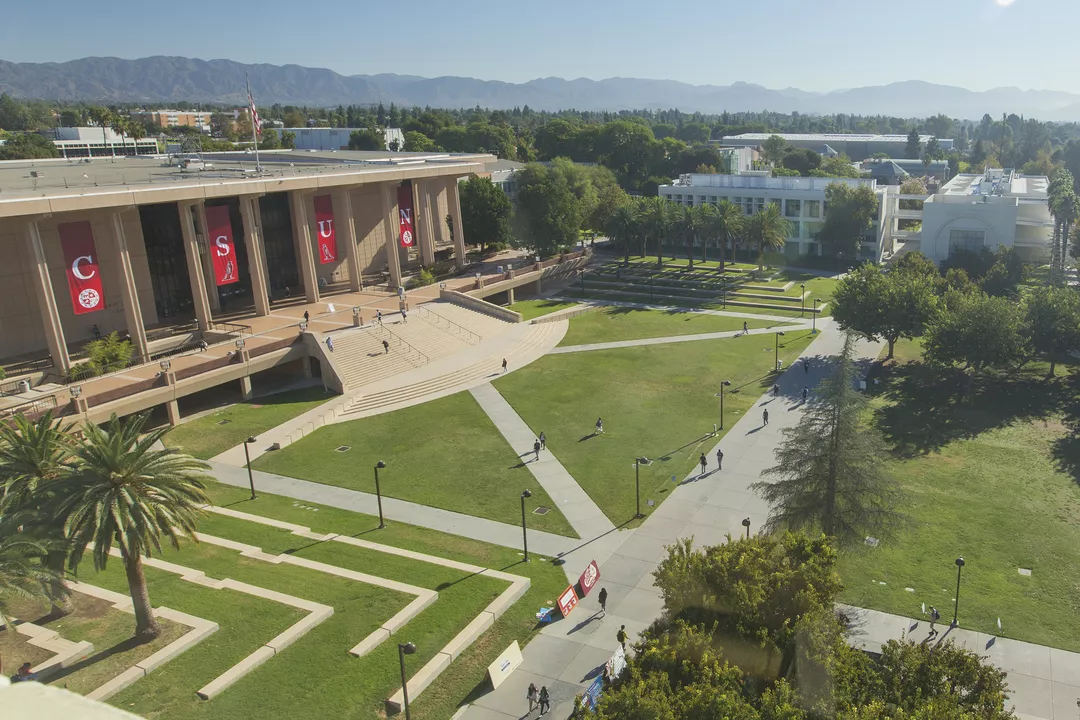-
hello@abroadcube.com
Mail us
-
Call For Help:
98779 83783
-
Whatsapp Us
70090 34921
Civil Engineering involves the application of scientific principles and knowledge of mathematics and computers to the planning, analysis, design, and construction of all types of private and public works. Reduction of air and water pollution, disposal of hazardous wastes, renewal of old cities, planning and building of new communities, providing water, power, and high-speed ground transportation systems are the responsibilities of the civil engineer. It is a continual challenge to the civil engineer to provide these services efficiently by the construction of dams, buildings, bridges, tunnels, highways, airports, waterways, and waste handling facilities in harmony with the natural environment.
Because of the broad range of demands on the civil engineer's services, the undergraduate program is devoted to fundamental principles in mathematics; basic and engineering sciences; the spectrum of Civil Engineering practice in both analysis and design; and required courses in the humanities and the social sciences, so that engineers may better relate to the world and society they serve. The upper division program permits students to select 12 units (4 courses) of electives. Students may increase the breadth or depth of their knowledge in Civil Engineering by selecting these electives in several areas: environmental and water quality engineering, geotechnical engineering, structural engineering, transportation, and water resources engineering.
Courses may be interchanged between semesters to accommodate the student's schedule, as long as prerequisites are observed. Civil engineering is a demanding major, but with devoted study it can be completed in four years. Students who are working half-time or more often find it difficult to successfully pass a full load of classes each semester. Such students should plan to take fewer units per semester and a longer time to finish their degree.
| Level | Bachleors |
| Discipline | Engineering |
| Duration | 48 months |
| Intakes | Jan, Sep |
| Application Fees | USD 70 |
| Tuition Fees | USD 16164 |
| Campus | Sacramento |
| Language proficiency (minimum) | |
| IELTS | 6 |
|---|---|
| TOEFL | 64 |
| PTE | 50 |
| Duolingo | 95 |
| Exam proficiency (minimum) | |
| SAT | Not Required / Waiver |
|---|---|
| ACT | Not Required / Waiver |
| GRE | Not Required / Waiver |
| GMAT | Not Required / Waiver |
Minimum GPA - 80%
QS Quacquarelli Symonds is the world’s leading provider of services, analytics, and insight to the global higher education sector, whose mission is to enable motivated people anywhere in the world to fulfil their potential through educational achievement, international mobility, and career development.
THE (Times Higher Education) has been providing trusted performance data on universities for students and their families, academics, university leaders, governments and industry, since 2004. We create university rankings to assess university performance on the global stage and to provide a resource for readers to understand the different missions and successes of higher education institutions.
The Academic Ranking of World Universities (ARWU) was first published in June 2003 by the Center for World-Class Universities (CWCU), Graduate School of Education (formerly the Institute of Higher Education) of Shanghai Jiao Tong University, China, and updated on an annual basis
The "Webometrics Ranking of World Universities" is an initiative of the Cybermetrics Lab, a research group belonging to the Consejo Superior de Investigaciones Científicas (CSIC), the largest public research body in Spain. CSIC is among the first basic research organizations in Europe. The CSIC consisted in 2006 of 126 centers and institutes distributed throughout Spain.



